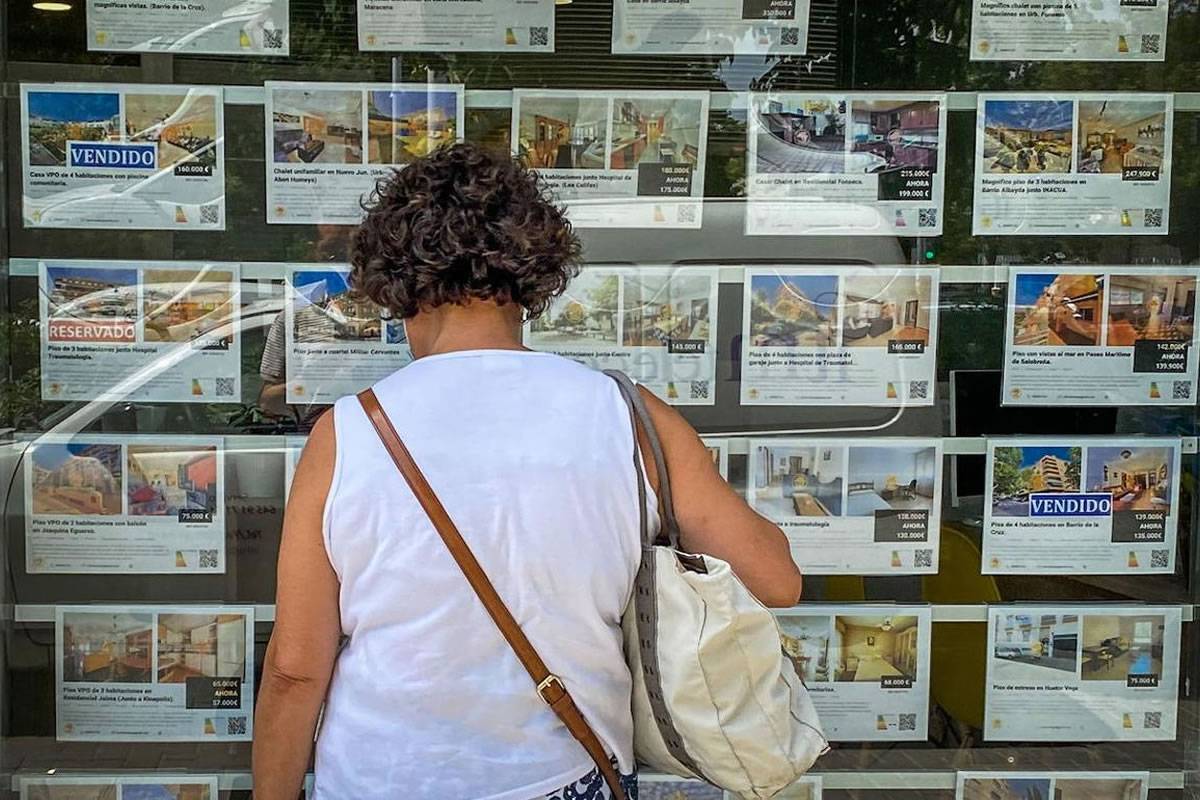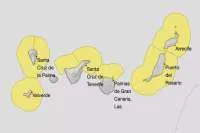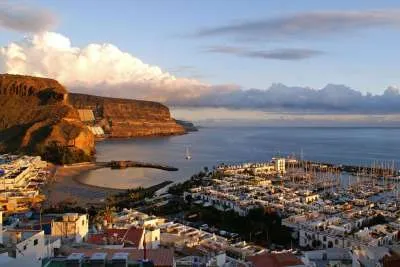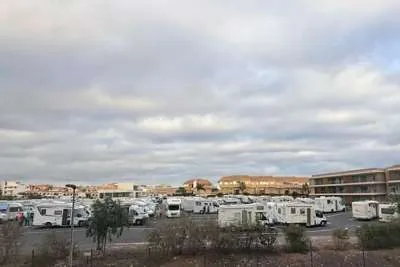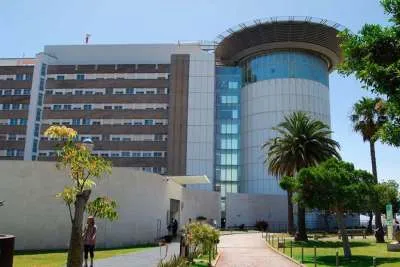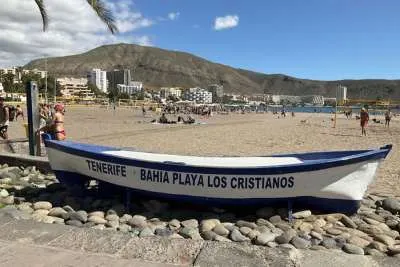Canary Islands consider limiting home purchases to non-residents
- 12-10-2024
- National
- Canarian Weekly
- Photo Credit: Stock Image
The Canary Islands government is exploring new measures to limit the purchase of homes by non-residents, as housing prices in the region have been deemed "unsustainable." This initiative is part of a broader effort to address the housing crisis and demographic challenges faced by the islands, particularly in light of increasing property demand from foreign buyers and the impact of holiday rentals in residential complexes and areas on local housing availability.
Casimiro Curbelo, president of the parliamentary commission studying the demographic balance, emphasised that restrictions on non-resident homebuyers are necessary. However, he stressed the need for a careful approach that aligns with European Union regulations.
The issue has been a key topic in the parliamentary commission, which is finalising its recommendations, and in a working group established after the Canary Islands Presidents' Conference. The conclusions from these discussions will be released next week.
Alfonso Cabello, spokesperson for the Canary Islands government and a participant in the working group, echoed Curbelo's concerns, stating that the current housing prices are unsustainable. He called for "brave decisions" and urged the exploration of all possible measures to address the situation.
One of the proposed solutions involves making it more difficult for non-residents to purchase property, within the limits of EU legislation, to ensure the islands can leverage their full potential without driving housing prices beyond the reach of local residents.
Cabello highlighted that in islands like Fuerteventura and Lanzarote, the population growth driven by non-residents has outpaced that of native Canarians, which he deemed an unsustainable trajectory.
The working group has also discussed the importance of the Canary Islands government reclaiming control over territorial planning to prevent unchecked growth on individual islands. Currently, island councils (cabildos) have significant autonomy in tourism development, but there are calls for a more coordinated regional approach. "We cannot continue growing as we have been," Curbelo said, advocating for a shared vision across the archipelago to improve the quality of life for residents and manage growth sustainably.
In addition to addressing population imbalances, the government is considering measures such as dedicating financial support to smaller municipalities with fewer than 10,000 residents and simplifying administrative processes to increase the availability of housing.
The demographic working group is one of five established in April 2024 to guide sustainable development in the Canary Islands, focusing on wealth redistribution linked to tourism and managing population growth. The group aims to address the contrasting demographic realities across the islands, where some are experiencing rapid population increases while others, like the "green islands," face depopulation and aging populations.
The conclusions of the working groups will be open to public consultation, and a follow-up conference of island presidents will be held in November to finalize concrete actions and allocate funding.
Cabello concluded by adding that the discussions are not about dividing administrative responsibilities but about pooling resources to achieve shared goals for the future of the Canary Islands.
Other articles that may interest you...
Trending
Most Read Articles
Featured Videos
TributoFest: Michael Buble promo 14.02.2026
- 30-01-2026
TEAs 2025 Highlights
- 17-11-2025


